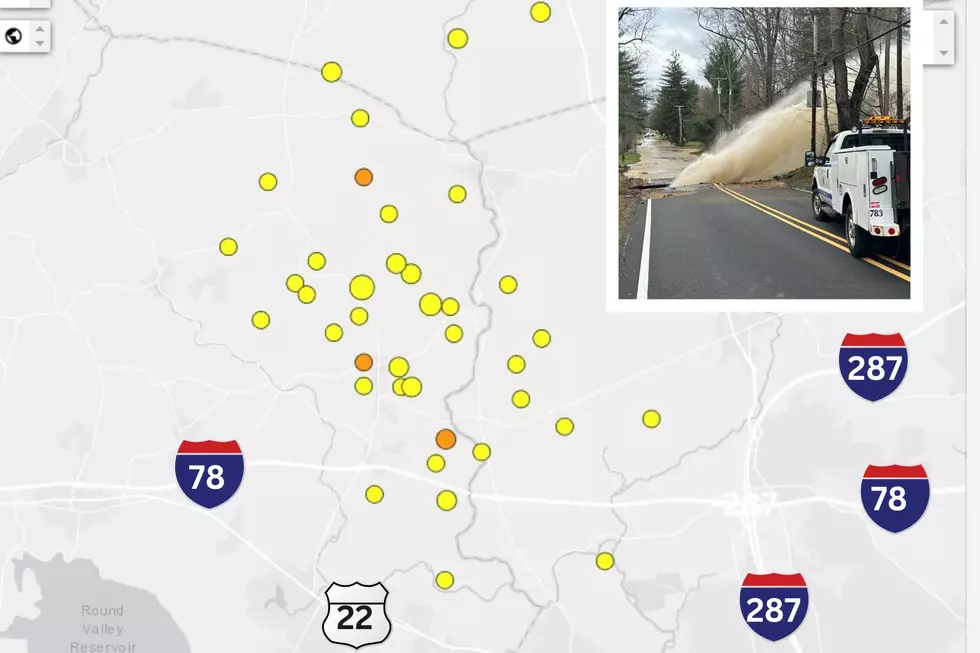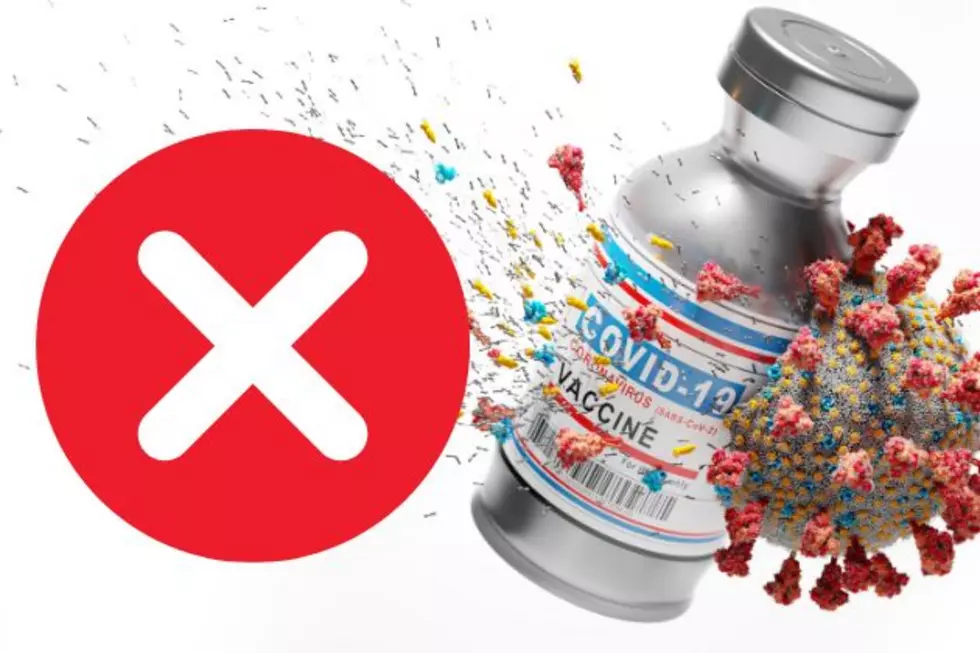
What’s it like being old? NJ hospital ‘playground’ gives experience
With an increase in the number of aging people, health care providers face the challenge of helping this patient population stay healthy. They need to know how to take care of geriatric patients, understand what their needs are and tailor a program that caters to their needs.
Dr. Jessica Israel, corporate chair of geriatrics and palliative care at RWJ Barnabas Health, said health care professionals are being educated to understand aging. She said 10,000 people in the United States turn 65 every day and that will happen until 2030. The population of people over the age of 100 is the fastest growing segment of the population.
An indoor geriatric playground created by RWJ Barnabas Health and Rutgers Biomedical and Health Services allows health care professionals to experience the difficulties in becoming a senior first hand. Israel said the playground is designed to simulate common medical problems in older adults and then place them in the context of common life issues.
One station inside the geriatric playground involves gloves that mimic the effect of osteo arthritis on the hands. They limit the motion in the fingers, the ability to bend and make the hands stiffer. Israel said the task at the station is to open eight pill bottles because that's the average number of medications someone age 80 or older might be taking. So a person is asked to open the eight pill bottles with the gloves and fill the pill box for the week. She said this is something health professionals ask the elderly to do all the time. But many never realized just how difficult it was for someone with arthritis to do this everyday task.
Israel said having a CEO of a medical center, a nurse who discharges patients and a doctor who treats the elderly walk in a senior's shoes with the use of this interactive playground helps them understand the needs of the elderly.
Another station in the playground mimics the tremor of Parkinson's disease. Then a person goes through common activities like eating and drinking and how Parkinson's affects a patient's ability to do these common but critically important tasks.
Israel said the indoor geriatric playground was developed by a team at RWJ and Rutgers. They met once a week for a year, planning out the stations in the playground.
The playground is being used now as an educational tool. They will be brought to medical and nursing students and community based groups to help them learn about an elderly patient's needs.
It is very important not only for a health care professional to help a geriatric patient with their everyday needs, but to help that patient maintain as much independence as possible. Israel said a health care professional needs to talk to the patient, learn about what the goals are for health care, then match the interventions that the provider puts into place with that patient.
Israel said it's extremely critical to understand that care is moving out of hospitals and into homes and communities. The health care sector needs to find out how to provide things that people need outside the traditional environment of the hospital.
More from New Jersey 101.5:
https://youtu.be/EZMyQfDvGSo
More From New Jersey 101.5 FM









